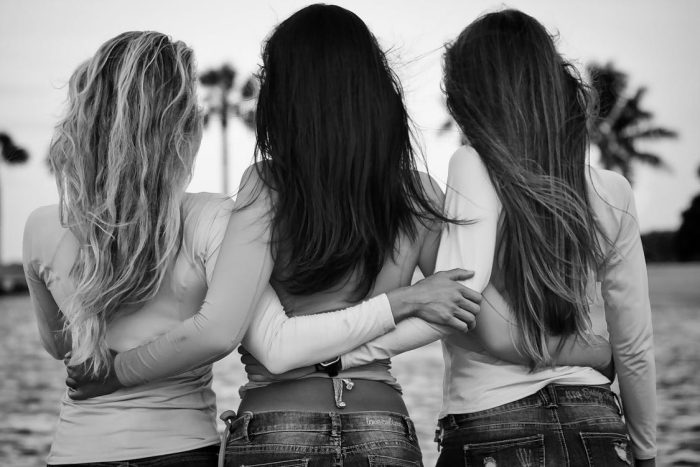I will be honest in saying that before last semester, I knew little about the history of women’s reproduction in the United States.
I had heard of Roe v. Wade and had been to Planned Parenthood with a friend, but this was about the extent of it. I used to say as a freshman in college that I was pro-life because it was what made sense to me at the time. My world was small, and I didn’t read much.
Today, things are different. After I enrolled in a Cultural Studies graduate-level course this last spring called Politics of Parenting, my understanding grew of the wicked problem that is women’s reproductive rights in this country, and my views shifted greatly. It was in this class that I had a wake-up call and moved to being pro-women’s reproductive rights and the right to bodily autonomy.
Throughout the course, I began to agree that all women should have freedom to determine their own path as they choose, not as others choose for them. While reading one assigned book after another, I came to understand the history of women’s reproduction and the horrors that so many women have endured. As I read on throughout the weeks, I began to question our hegemonic ideals about what a woman is to be and do and where these ideals come from.
I learned that our Bill of Rights includes the right to bodily integrity and the right to procreate.
I learned that suspects of robbery cannot be forced to undergo surgery in order to remove critical evidence, but that women can be forced to undergo tubal ligation.
I learned about coercive sterilization for women who were deemed “unfit.” Justifications included economic reasons, often articulated as, “Who is going to pay for the children poor women bring into the world?”
I learned about the paradox that exists in our country regarding ensuring “unfit” and “irresponsible” women do not become pregnant.
I learned this and so much more.
I am not an expert on women’s reproduction in the United States, but some of the authors I read are.
I hope they empower you all the way they did for me:
1. Pregnancy and Power: A History of Reproductive Politics in the United States by Rickie Solinger
This book explores how particular groups in the United States are viewed as “population pollution” and how policing women’s reproductive rights has not been just about banning abortion, but also about ensuring particular groups do not reproduce.
2. Laboring Women: Reproduction and Gender in New World Slavery by Jennifer L. Morgan
This book needs to be read by every person in the United States. Throughout her book, Morgan explains how Black women were brought from Africa to the New World as slaves and how their value was based on their ability to work as well as birth children.
3. Birthing Justice: Black Women, Pregnancy, and Childbirth, edited by Julia Oparah and Alicia Bonaparte
An important read that explores the policing, coercion, and disempowerment of Black women during their pregnancies and childbirths.
4. The Story of Jane by Laura Kaplan
A beautiful book that explores how women who would have never been friends come together to support one another in a common quest: to support women in having an abortion.
5. Our Bodies, Our Crimes: The Policing of Women’s Reproduction in America by Jeanne Flavin
An essential book for understanding how systems have made women accountable for all things related to their reproduction.
~
Additionally, below are recommended films:
~
Please consider Boosting our authors’ articles in their first week to help them win Elephant’s Ecosystem so they can get paid and write more.












Read 1 comment and reply